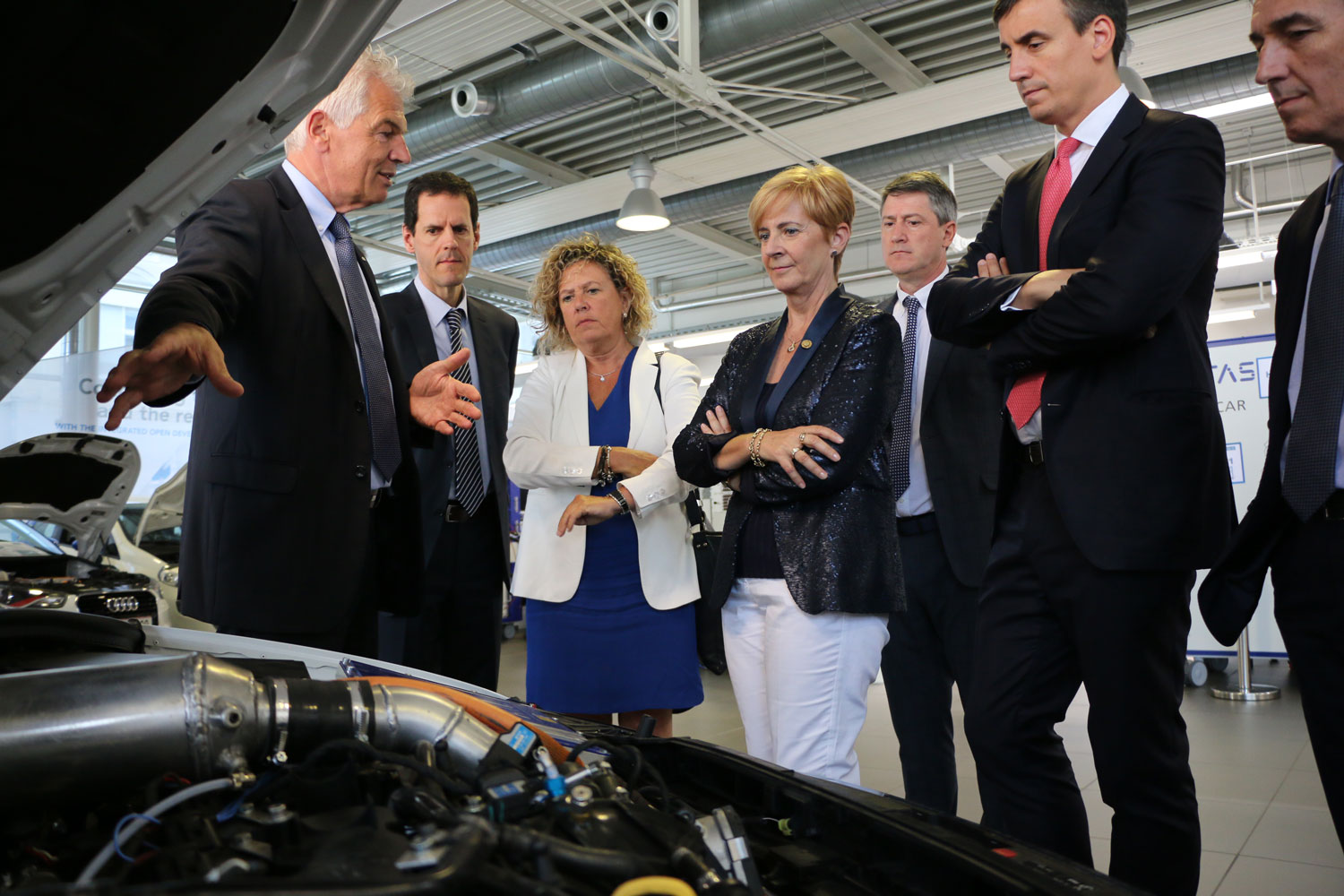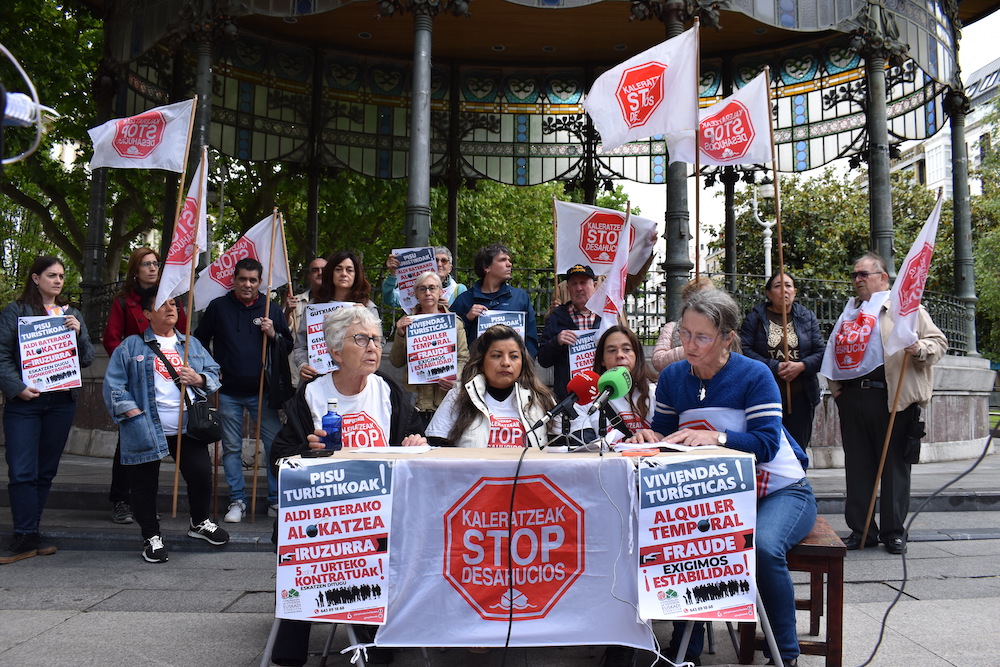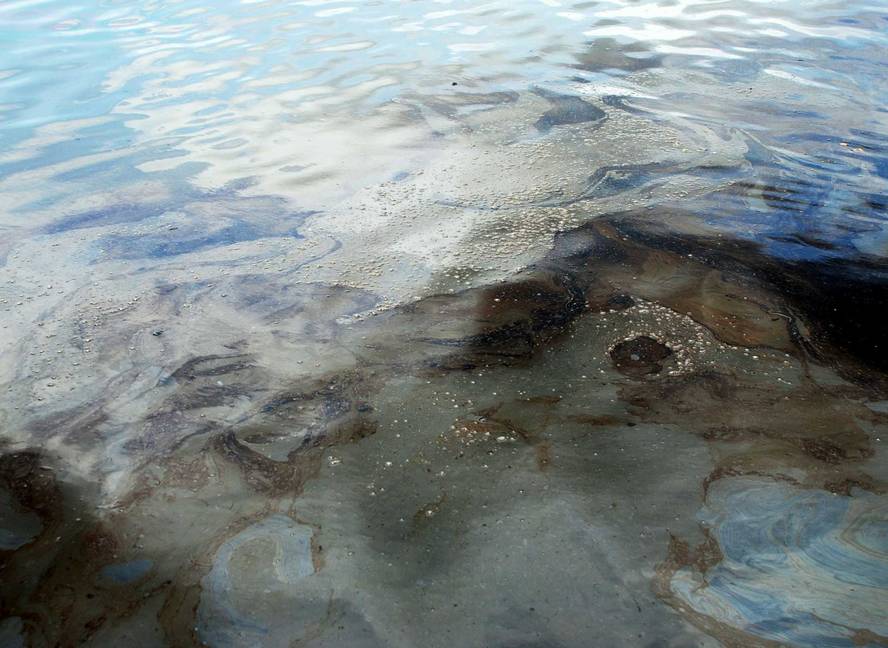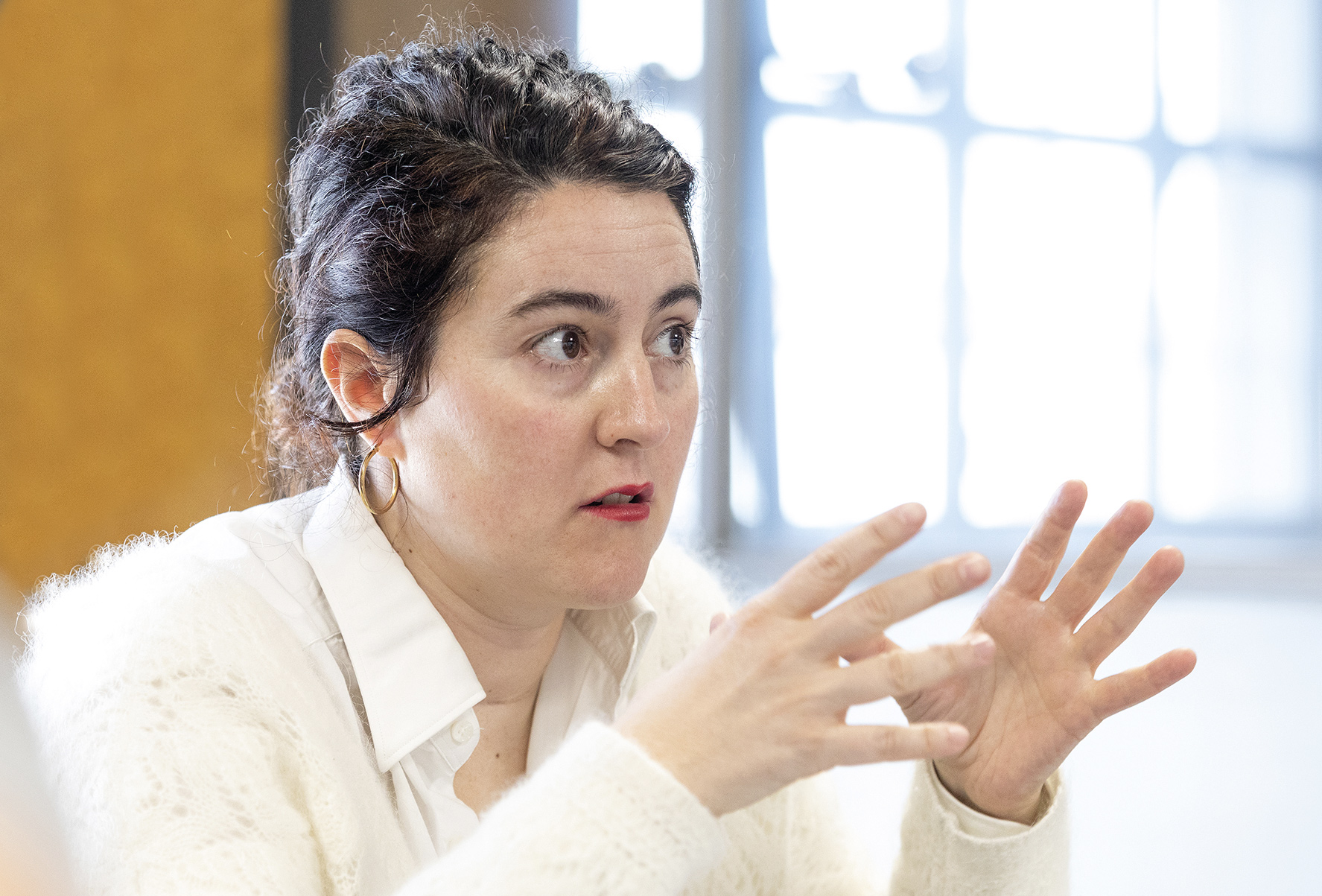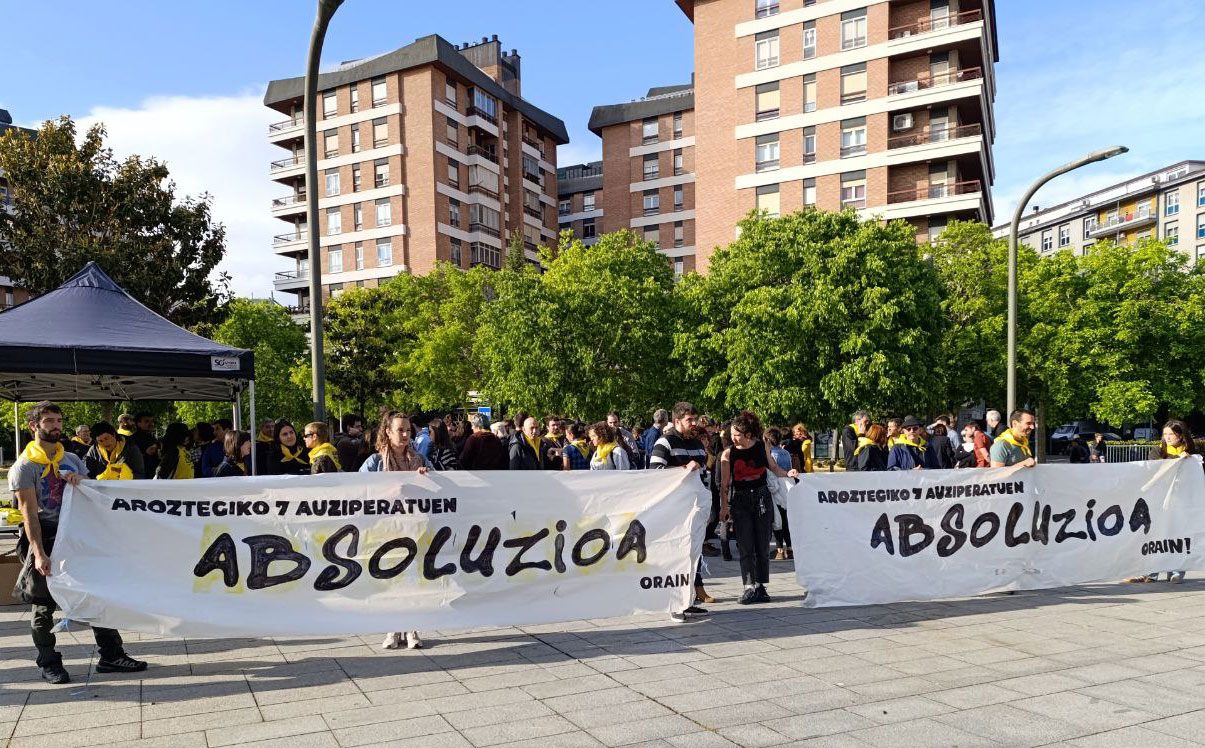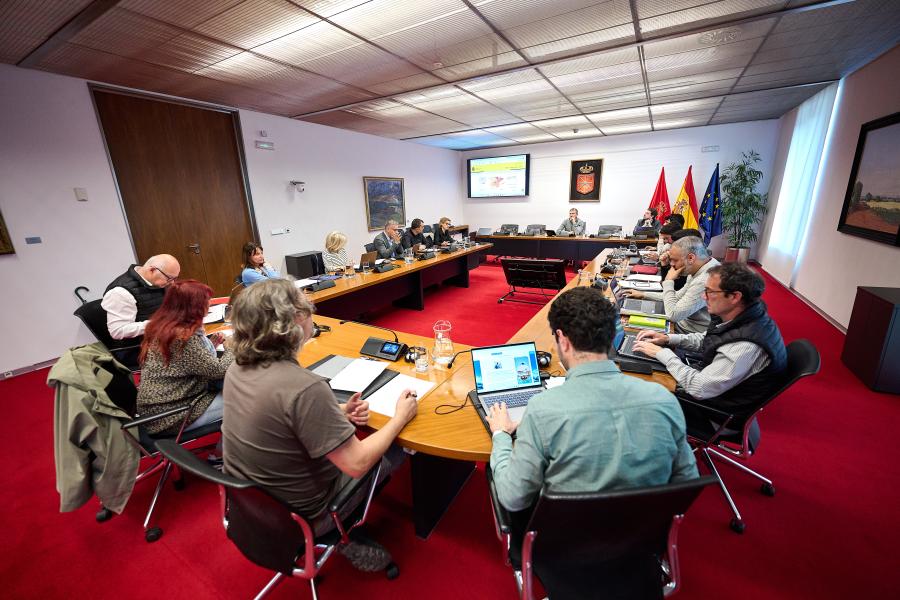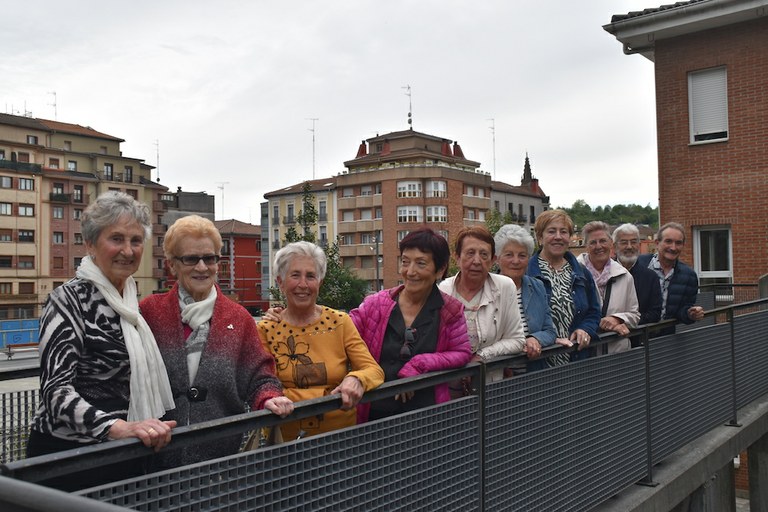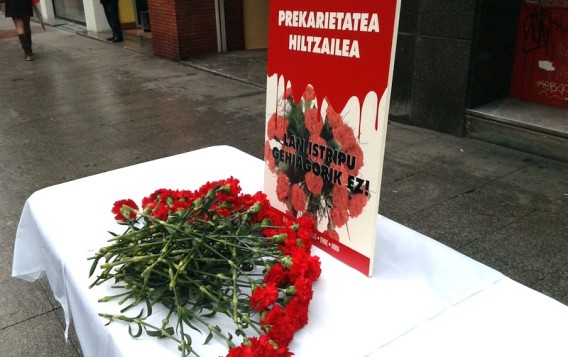Learning how to avoid it or how to cope well
- The Urumea and the Old Donostia are not Great Britain. Not to their fair extent. But also not at the level of discussions about natural disasters in response to man's misguided choices. Many Britons are reflecting on the terrible time of the repetitive floods of today. Not everything is fixed with the new concrete walls.
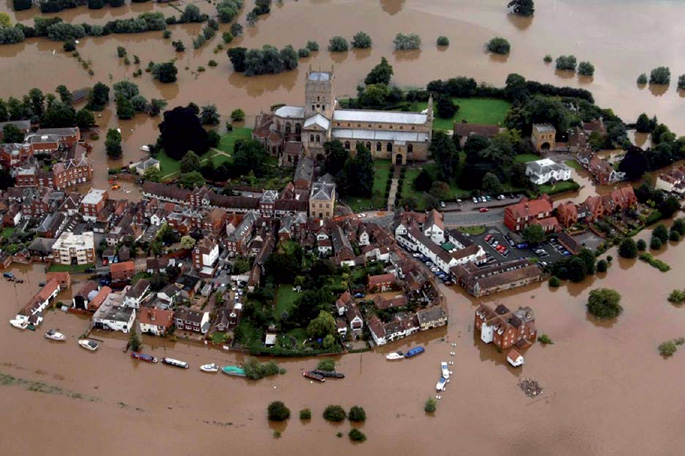
The catastrophic two-month wave in the SOUTH OF ENGLAND resembles the strong wave on the Basque maritime shore for several weeks and the increasing floods that the Urumea valley is increasingly experiencing in Gipuzkoa. The signs of climate change caused by the industrial activity of the human being are reasonably cited here and there. At the same time, however, there is also the question of the actions that human beings have taken in the planning of the territory.
On the Basque coast, the older ones do not remember the waves like those on Wednesdays. In England, it hasn't rained so much consecutively over the last 248 years. An unsavoury phenomenon or a premature sign of the climate madness? Discussing climate change seems to be free. On the contrary, the barbarities in the planning of the territory tend less on the main media, as the culprits are alive, rich and close.
Engineer José María Medina Villaverde, who designed the new dam of the mouth of the Urumea, has declared to Noticias de Gipuzkoa after the breakdown of the waves in the old part and the bridges of San Sebastian: “[Gros] the price of the touristic beach was that the Paseo de Salamanca endured more waves.” According to the mayor, Odón Elorza, warned the then mayor that the houses that have been torn by the big slums should now live “a little more uncomfortable.” The news would have liked the inhabitants of the Casco Viejo. Did insurance companies also know?
In Britain there is a lot of talk about what has aggravated the flooding caused by heavy rains during these weeks and what can be done to prevent them from now on. Many neighbors in the valleys have demanded the drainage of the rivers, the cleaning of the funds, the felling of the trees on the banks, the rapid erection of the walls to be built...
All this requires public money, so the reading of economic policy is coming. As Britain, a pioneer of neoliberalism in Europe, has for years reduced investments in infrastructure, whether in trains or in hospitals, the Cameron government has been pressured by people calling for better river channelling.
This has a parallel year after year in Gipuzkoa with the petitions of the people of the villages of the end of the Urumea to the authorities: drain the river, build walls on the shores, increase the defenses of the banks.
But for anyone who wants to see, the floods that happen more and more often show that there are more structural things that are not going to be solved with more beton walls.
As in the south of England or the rest of the world, housing and many other amenities have been built in areas that the river occupies from time to time. The University of the Basque Country, which promotes so many doctoral theses, still has a pending: in particular, how many cubic metres has the capacity of the Urumea Valley been reduced between 1960 and 2014? With this data, the neighbors of Txomin-enea would better understand the centimeters of water that come under their house.
Streams channelling to detriment
But, unlike what happens on the shores of the Cantabrian River, England is debating what happens to its rivers… as a whole. The water that is collected in the valleys is the water that is collected by the streams in the upper valleys. As crazy as urban planning at the margins of the Rías has been the management of rural spaces for the last hundred years.
The Guardian newspaper has compiled some very interesting analyses on this subject. Colin Thorne, a professor of geography, has published "What Britain has to do if it doesn't want to live with floods (no, it's not dredging)," meaning if the British want to get rid of the floods they will have to do something other than dredging rivers. Environmental journalist George Monbiot wrote "Drowning in money: the untold story of the crazy public spending that makes flooding inevitable" in Basque: “Drowned in money: report of a crazy public spending on the origin of the floods”.
Monbiot recalled that the baserritars of the Pontb region, which were made known 110 years ago, living in the initial foothills of the Severn river, had to change the productive agriculture that was already in operation. The demolition of the surrounding forests for the rearing of livestock, the destruction of the slaughterhouses on the shores of the prairies, the channelling of the smallest water frost -- in a reverse sense.
Again, the peasants of Pontaron began planting trees, replenishing plant hedges in the meadows and offering the animals for grazing, and composting manure. The official who arrived in London at the inspection was surprised that in those areas forests and trees managed much better the rainwater, where land absorbs 67 times more water than the soil of a prairie.
But the authorities have organized all the investment in rural areas in the reverse direction for a whole century. Not only have they little promoted the planting of trees, but they have also forced baserritars in a planned way to cut shrubs, dry lakes, buy machinery to compact the soil, abandon manure in favour of chemical fertilisers that deplete the soil. And to channel.
“For a long time,” says Monbiote, water managers believed that the best way to avoid flooding was to correct, channel and dredge the rivers, as they would be able to carry more water. They soon realized not only that things got worse.” At a given moment the river collects only a small amount of water collected in the surroundings, most of it must be concentrated in soils and banks, so good soil and the abundance of scrubs as trees are as important.
But in addition, engineers have increased the speed of water that has been channeling the shores, to the detriment of the lands and the people of the lower valleys. In the end, everyone suffers. In mountain areas, the shortage of groundwater increases droughts in summer. Flooding in the valleys.
It seems certain that climate change is going to multiply extreme phenomena around the world. Among them, we human beings must learn to survive. First of all, by swiftly correcting decisions that instead of mitigating damage increase.
PPk Senatuan proposatu du, gainera, euskal preso politikoek damua erakutsi behar izateko xantaia areagotzea.
Maiatzaren 22an EAEko Legebiltzarrak mila milioi euro zorpetzeko lege proiektua onartu du “zientzian, teknologian, enpresan eta industria sektorean eragiteko”. Naiz hedabideak jakitera eman duenez, Eusko Jaurlaritzak KPMG Asesores SL enpresari eskatu dio plana... [+]
Donostiako Parte Zaharreko maizter batek 11 hilabeterako alokairu kontratua bost urterako legezko kontratu bihurtzea lortu du.
Washingtonen Israelek duen enbaxadako bi langile tiroz hilda agertu eta gero egin ditu adierazpenak Netanyahuk. Israelgo Gobernuak zuzenean lotu ditu Washingtongo erasoak eta Europako zenbait gobernuburuk Gazako sarraskiaren aurka egindako adierazpenak.
Mireia Centeno Gutierrez psikopedagogoak haurren elikaduraren inguruko zenbait gako eman ditu; hala nola jatera behartzeak eta jakiak debekatzeak dituen ondorioak aipatu ditu.
The defendants testified on Thursday, and their statements could be summarized as follows: The citizens who gathered in the square of legumes or in the camping area decided collectively what to do, in general, to go to the field of the works and put them passively in... [+]












